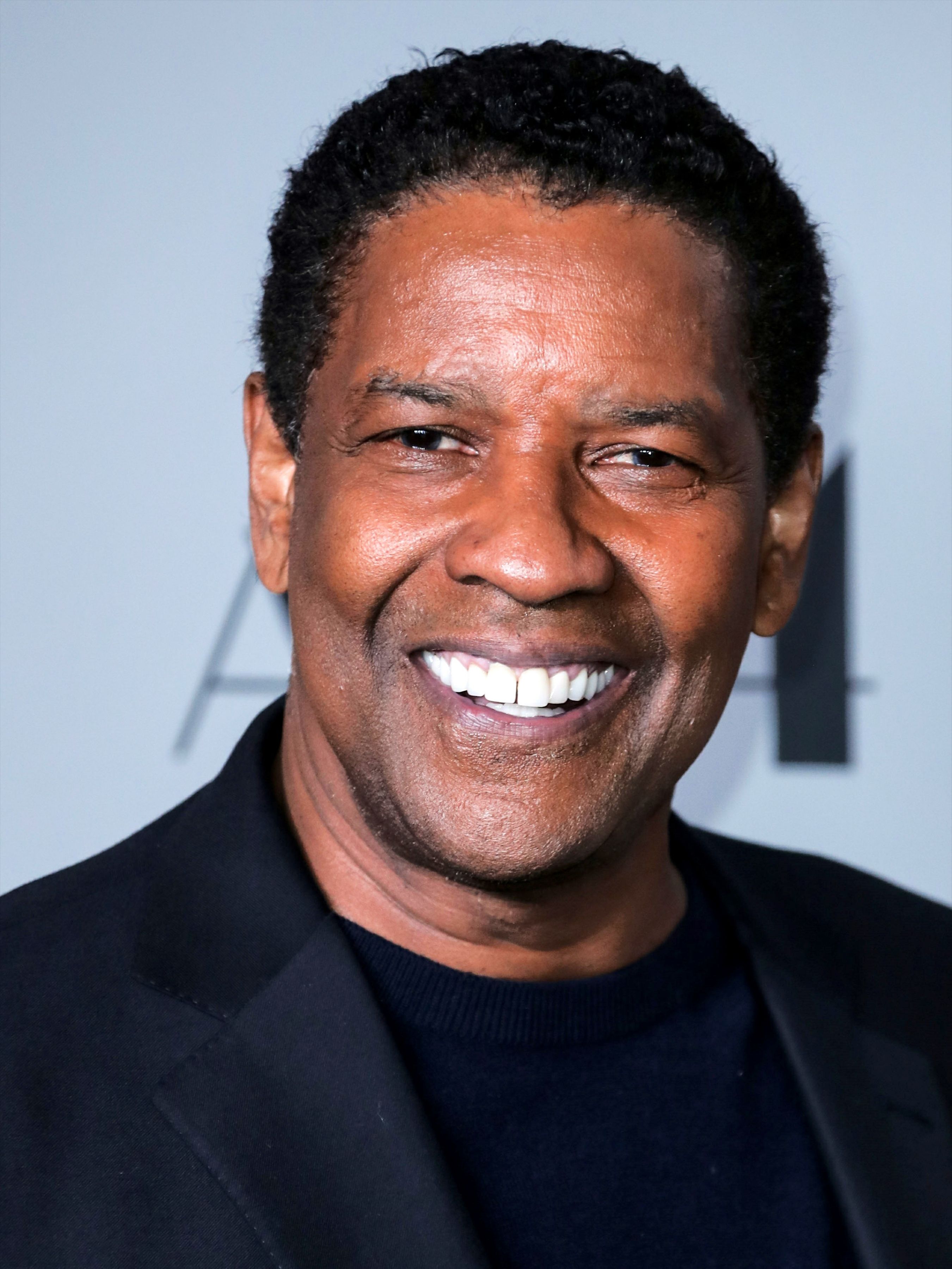
At 69, Denzel Hayes Washington Jr. stands as a titan of the stage and screen, a name synonymous with gravitas, integrity, and unparalleled acting prowess. His journey through Hollywood has been a masterclass in dramatic performance, earning him a place among the truly iconic figures of contemporary cinema. Indeed, in 2020, The New York Times bestowed upon him the ultimate accolade, naming him “the greatest actor of the 21st century”—a testament to his profound and lasting impact on the art form.
Washington’s career trajectory is not merely a collection of roles but a tapestry woven with powerful narratives, often reflecting significant cultural and historical moments. From portraying real-life heroes and complex anti-heroes to embodying Shakespearean grandeur, his versatility and commitment to his craft have captivated audiences and critics alike. His sustained excellence has been recognized with a staggering array of honors, including two Academy Awards, two Golden Globe Awards, and a Tony Award, alongside prestigious lifetime achievement awards.
This in-depth look explores the commanding performances and significant milestones that have defined the first half of Denzel Washington’s extraordinary career, charting his ascent from humble beginnings to becoming one of the most respected and influential actors of his generation. We will examine the pivotal roles that established his reputation, showcasing the remarkable range and depth that have become his signature.
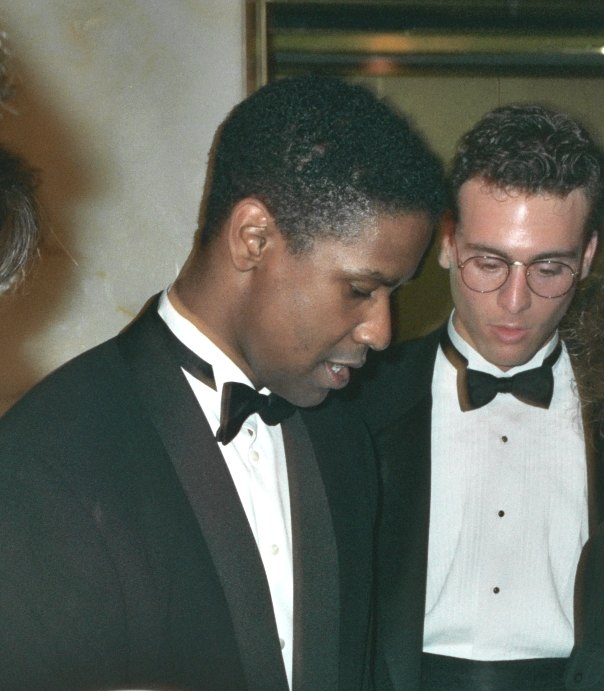
1. **Early Career Break: From St. Elsewhere to A Soldier’s Story**Before Denzel Washington became a household name and an Oscar-winning icon, his early career was marked by a steady rise through theater and television, laying the groundwork for the powerhouse he would become. After training at the American Conservatory Theater, he began acting in performances off-Broadway, demonstrating his foundational commitment to the stage.
A significant career break arrived with his role as Dr. Phillip Chandler in NBC’s medical drama series *St. Elsewhere*, which ran from 1982 to 1988. As one of only a few African-American actors to appear for the show’s entire six-year run, Washington gained national prominence, showcasing his ability to inhabit a character over an extended period and build a loyal audience.
Concurrently, Washington made his mark in film. In 1984, he starred in the war film *A Soldier’s Story*, which further solidified his presence on the big screen. This period was crucial in establishing his dramatic capabilities and proving his versatility across different mediums, hinting at the immense talent that was about to fully blossom.
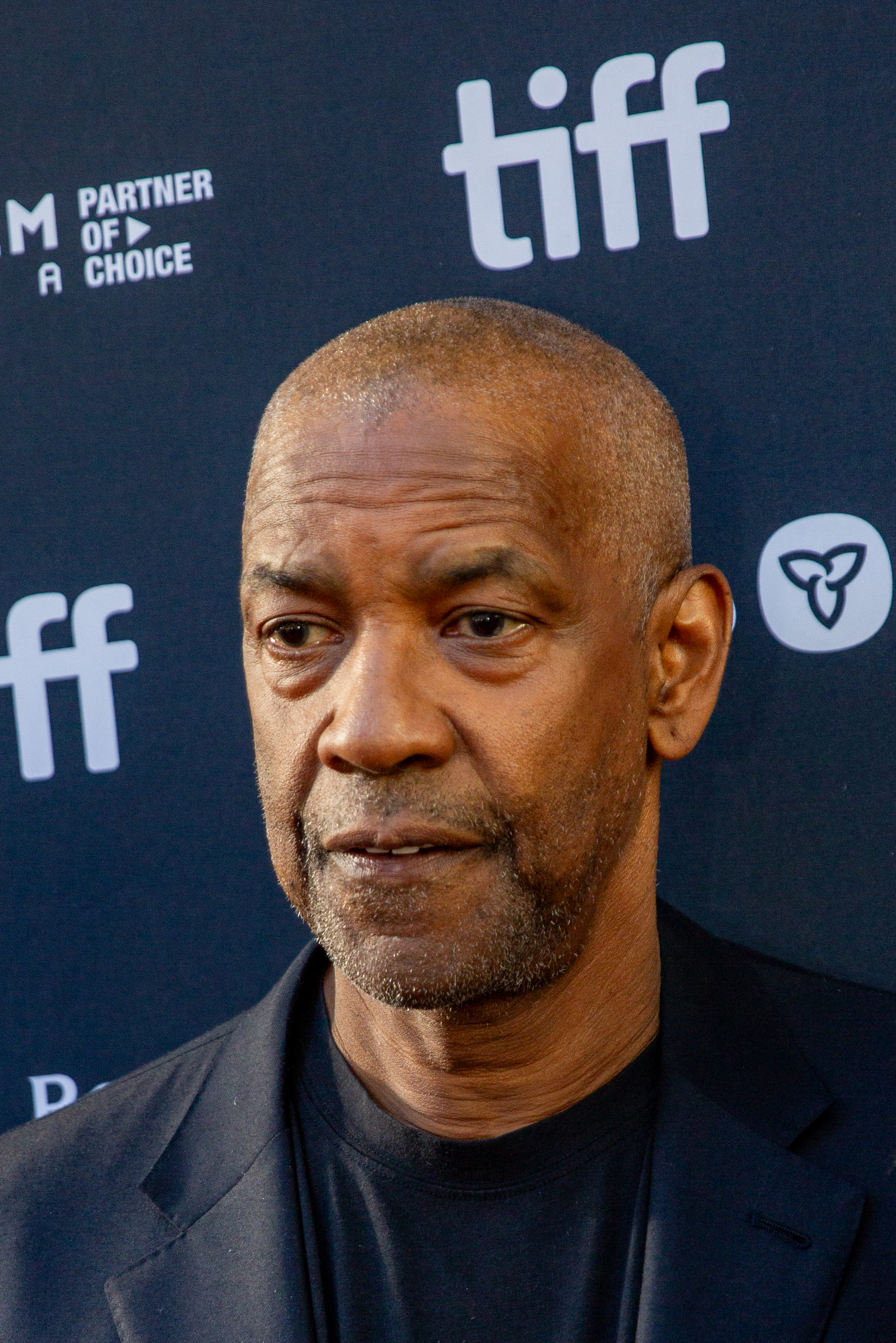
2. **Glory (1989): First Oscar Win and a Defining Role**It was his portrayal of a defiant, self-possessed ex-slave soldier in the 1989 war drama *Glory* that catapulted Denzel Washington to a new echelon of recognition, earning him his first Academy Award for Best Supporting Actor. This role was a powerful early demonstration of his ability to imbue historical characters with profound emotional depth and strength.
Washington’s performance in *Glory* resonated deeply, capturing the immense courage and struggles of African-American soldiers during the American Civil War. He brought a searing intensity and dignity to his character, standing out in an ensemble cast and delivering moments that have become indelible in cinematic history.
This award marked a significant turning point, affirming his status as a major dramatic actor capable of delivering performances that were both critically acclaimed and culturally impactful. The Oscar for *Glory* was not just an individual triumph; it signaled the arrival of an actor destined for greatness, capable of carrying the weight of important historical narratives with grace and power.

3. **Malcolm X (1992): A Critically Acclaimed and Iconic Portrayal**One of Denzel Washington’s most critically acclaimed roles, and arguably one of his most iconic, came with his portrayal of the title character in Spike Lee’s 1992 historical epic, *Malcolm X*. This film was a monumental undertaking, requiring Washington to embody a complex and transformative figure of American history with authenticity and conviction.
The *New York Times* lauded his performance, with Vincent Canby declaring, “In Denzel Washington it also has a fine actor who does for ‘Malcolm X’ what Ben Kingsley did for ‘Gandhi.’ Mr. Washington not only looks the part, but he also has the psychological heft, the intelligence and the reserve to give the film the dramatic excitement.” This comparison speaks volumes about the magnitude of his achievement in capturing the essence of such a revered and controversial leader.
His immersive performance as the Black nationalist leader earned him another nomination for the Academy Award for Best Actor, further cementing his reputation for tackling challenging, real-life roles with extraordinary skill. *Malcolm X* remains a landmark film in his filmography, showcasing his commitment to bringing significant historical figures to life on screen.
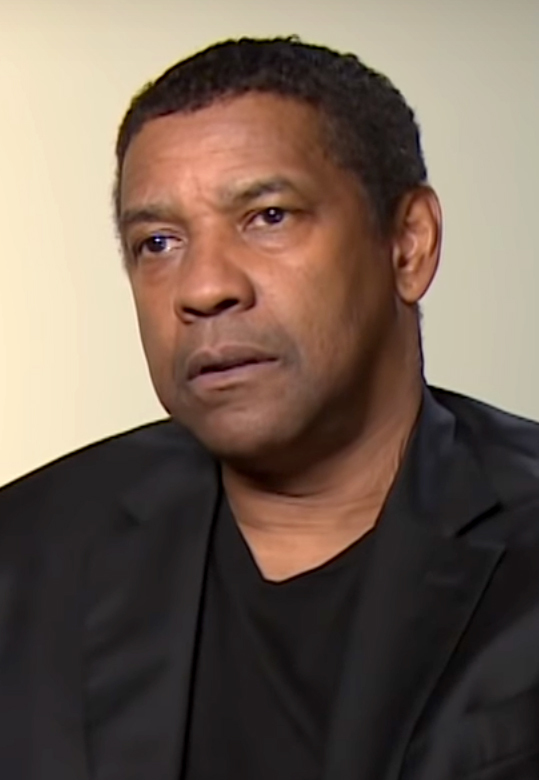
4. **Philadelphia (1993): Tackling Challenging Roles and Cultural Commentary**Denzel Washington’s film choices frequently demonstrated his willingness to engage with complex social issues, and his role in Jonathan Demme’s 1993 film *Philadelphia* is a prime example. In this groundbreaking drama, Washington portrayed the lawyer defending a gay man with AIDS, played by Tom Hanks, taking on a role that was both sensitive and culturally significant at the time.
His character served as a crucial bridge for audiences, navigating the prejudices and fears surrounding AIDS in the early 1990s. *Sight & Sound* noted, “Casting Washington in the lead guaranteed the film the black audience that otherwise might not have had much interest in the problems of a rich white homosexual with Aids. But Aids is rampant in inner cities, where it attacks not just gay men, but IV drug users and women.” This observation underscores the cultural impact of his presence in the film.
Washington’s performance brought a measured intensity and empathy to a difficult subject, allowing the film to reach a broader audience and foster a deeper understanding of the human cost of the AIDS epidemic. It was a role that, while perhaps not as showy as some of his others, powerfully demonstrated his commitment to meaningful storytelling and social commentary.
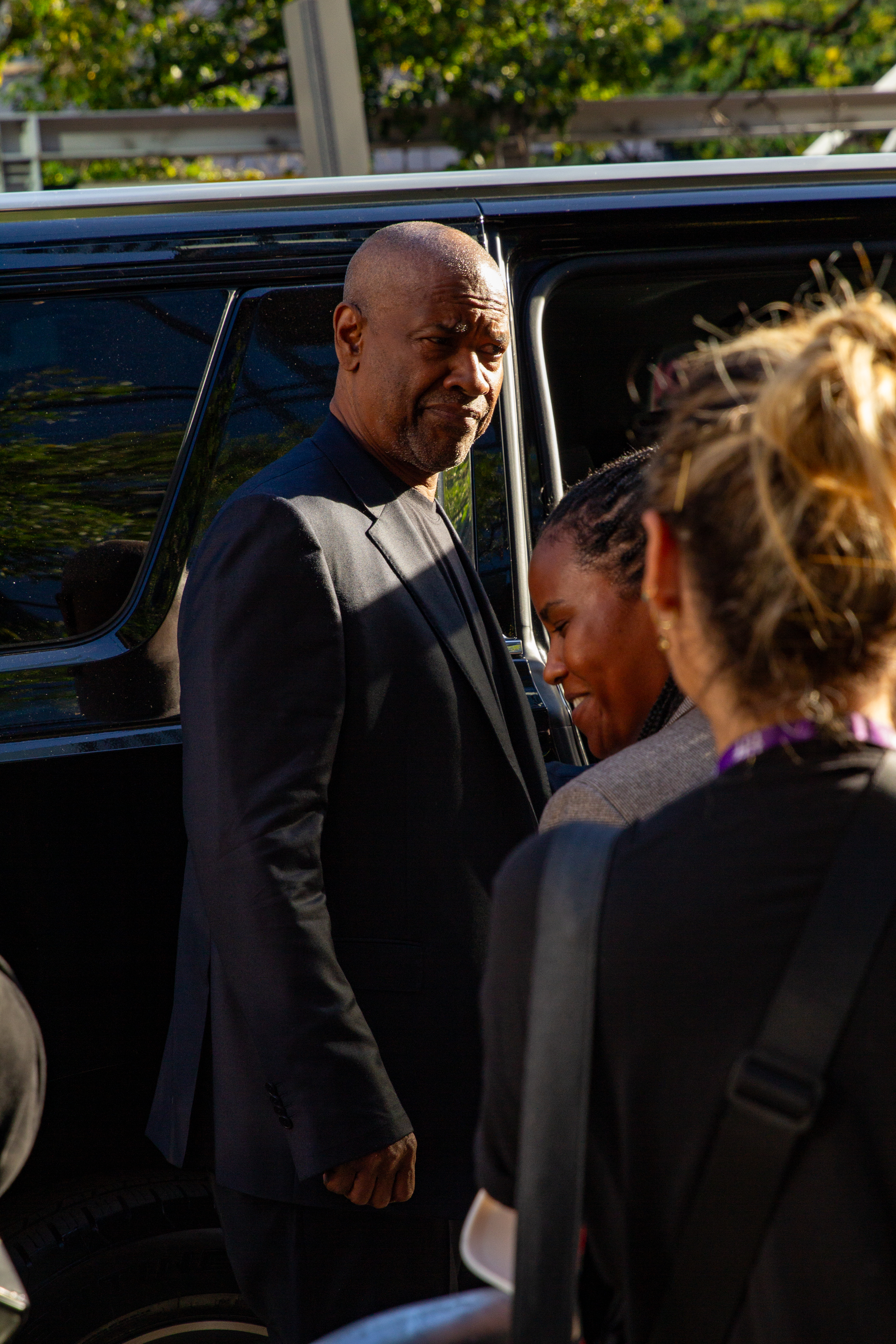
5. **The Hurricane (1999): Dramatic Mastery and a Golden Globe Win**Denzel Washington delivered yet another masterful dramatic performance in 1999 with *The Hurricane*, a biographical film about boxer Rubin ‘Hurricane’ Carter, whose conviction for triple murder was overturned after he spent almost 20 years in prison. This role allowed Washington to delve into the depths of human resilience, injustice, and the fight for freedom.
His portrayal of Carter garnered widespread critical acclaim, earning him a Silver Bear Award at the Berlin International Film Festival and, notably, the Golden Globe Award for Best Actor – Motion Picture Drama in 2000. He was the first Black actor to win this particular Golden Globe since Sidney Poitier in 1963, highlighting the significance of his achievement.
Roger Ebert, ever a keen observer of performance, remarked, “This is one of Denzel Washington’s great performances, on a par with his work in Malcolm X.” Mick LaSalle of the *San Francisco Chronicle* further lauded, “Washington gives a penetrating portrait of life at its most extreme. He takes the viewer into the mind of a man experiencing confinement and physical deprivation. More profoundly, he shows what it’s like to deal every day with the torments of wild rage and impotence, despair and hope.” Such praise underscores the profound impact of his emotional and physical transformation for the role, solidifying his reputation as a dramatic force.
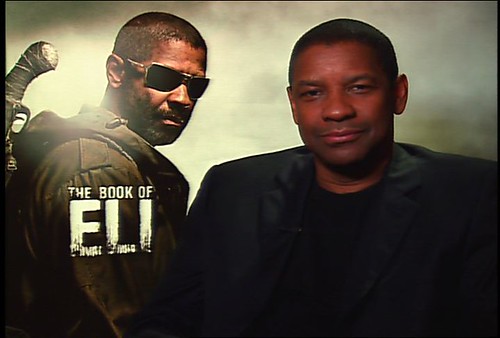
6. **Training Day (2001): Best Actor Oscar and a Villainous Turn**In 2001, Denzel Washington stunned audiences and critics alike with his electrifying and rare villainous role as Detective Alonzo Harris, a corrupt Los Angeles cop, in Antoine Fuqua’s crime thriller *Training Day*. This performance was a stark departure from the righteous, heroic characters he was often known for, showcasing an astonishing breadth of his acting capabilities.
His portrayal was so compelling that it earned him his second Academy Award, this time for Best Actor. He became only the second African-American actor to win the category after Sidney Poitier, making the night particularly historic as Poitier was presented with an Honorary Academy Award on the very same evening. This moment was a powerful passing of the torch and a recognition of Washington’s undeniable stature.
Roger Ebert aptly described his performance: “For Denzel Washington, [it is] a rare villainous role; he doesn’t look, sound or move like his usual likable characters…he’s like a monster from a horror film, unkillable and implacable.” This character demonstrated Washington’s fearlessness in exploring the darker facets of human nature, delivering a performance that was both chilling and utterly captivating, cementing his legacy as an actor who continually pushes boundaries.
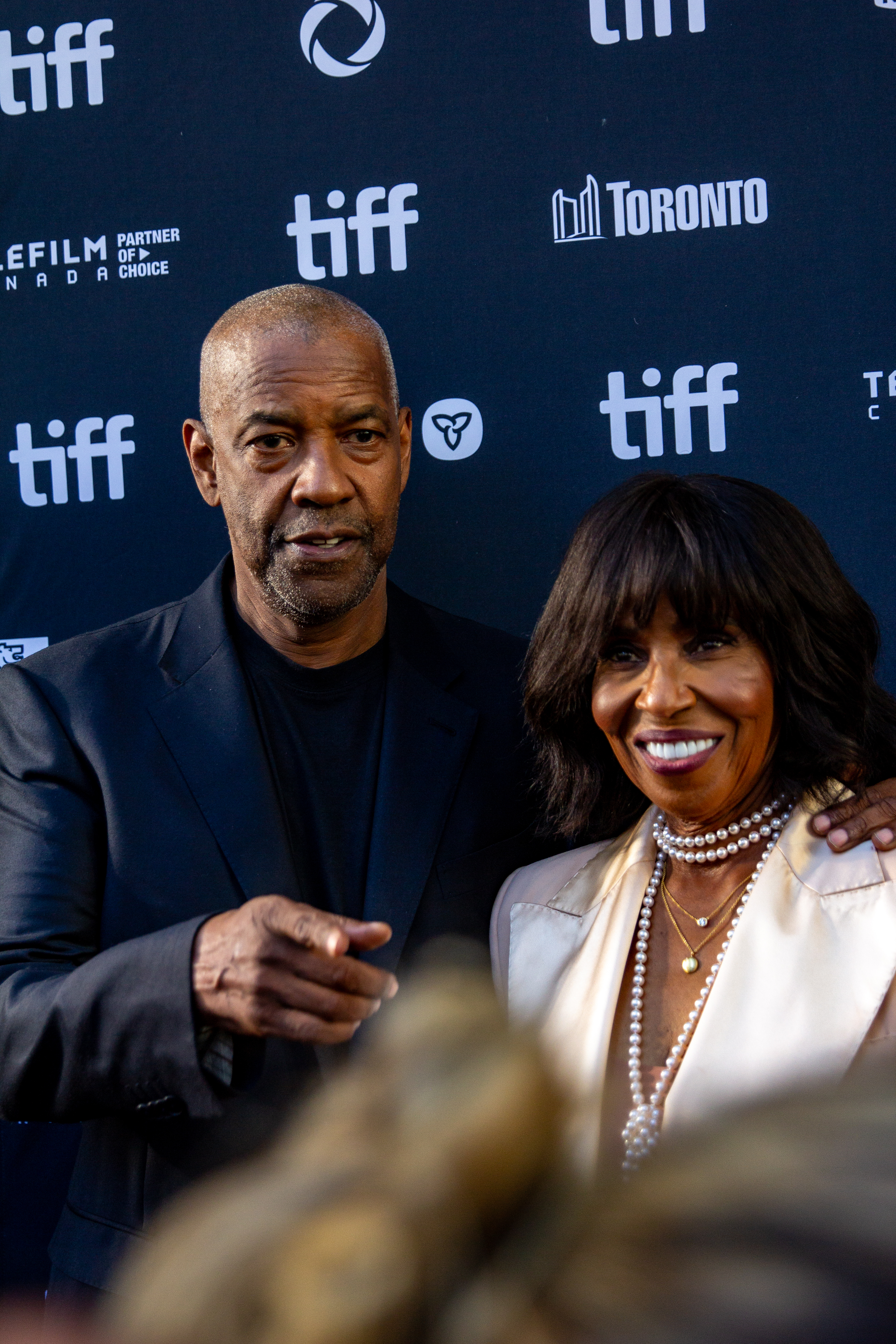
7. **Antwone Fisher (2002): His Directorial Debut and Critical Acclaim**Beyond his formidable acting career, Denzel Washington ventured into directing, proving his talents extended effortlessly behind the camera. His directorial debut came in 2002 with the well-reviewed drama *Antwone Fisher*, a film in which he also co-starred as a Navy psychiatrist, guiding the audience through a poignant narrative of healing and self-discovery.
Washington’s transition to directing was met with significant praise, with Stephen Holden of *The New York Times* commending his approach: “Mr. Washington shows a confident grasp of cinematic narrative in a hearty meat-and-potatoes style. But the most remarkable aspect of his behind-the-camera debut is his brilliantly surefooted handling of actors.” This highlights his natural ability to craft a compelling story and elicit strong performances, a skill honed over decades in front of the lens.
Holden also noted his acting in the film, adding that Washington “[is] so sensitively reactive that his performance seems more lived than acted.” *Antwone Fisher* demonstrated that Washington was not just an actor who could command a scene, but a storyteller capable of shaping an entire narrative, marking the beginning of another influential aspect of his prolific career.
Denzel Washington’s career, an unfolding masterclass in artistic versatility and profound impact, extends far beyond his initial triumphs. As we transition into the subsequent chapters of his journey, we find an actor and director who has not only maintained his unparalleled dramatic intensity but has also consciously diversified his repertoire, conquering new genres, returning to his theatrical roots with renewed vigor, and leaving an indelible mark on culture through his profound influence and humanitarian efforts. This section illuminates the sustained brilliance that has cemented his legacy as a true icon of contemporary arts.
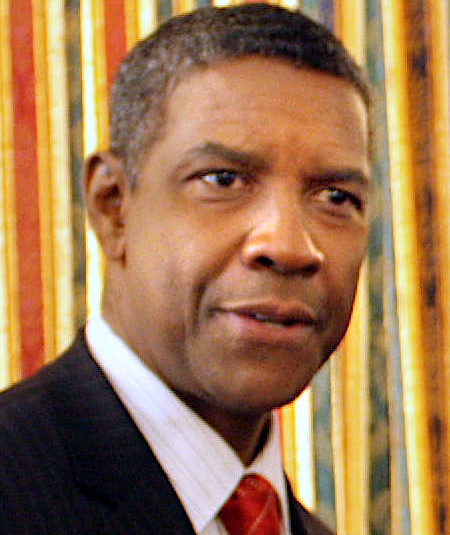
8. **Remember the Titans (2000): Leading a New Millennium of Performance**The turn of the millennium saw Denzel Washington continuing to command the screen, leading films that resonated deeply with audiences and critics alike. In 2000, he starred as Herman Boone, the high school football coach in the Disney sports drama film *Remember the Titans*. This role, built on a real-life narrative of integration and overcoming prejudice, showcased Washington’s ability to embody leadership and inspiring resilience, characteristics that have become synonymous with his on-screen persona.
The film was not only a critical success but also a significant commercial hit, grossing over US$100 million in the U.S. This box office triumph further cemented Washington’s star power, proving his capacity to draw massive audiences to stories that were both entertaining and socially relevant. His performance, as noted by Andrew O’Hehir of Salon, was the “linchpin” of the film, describing him as “a commanding actor in a commanding role, and as memorable as he was in The Hurricane.”
Washington’s portrayal of Coach Boone was a testament to his unique blend of gravitas and charisma, delivering a performance that was both powerful and deeply humane. It was a role that, at the dawn of a new century, reiterated his standing as an actor capable of carrying important narratives with a strength that few others could match, further solidifying his reputation for inspiring and impactful performances.
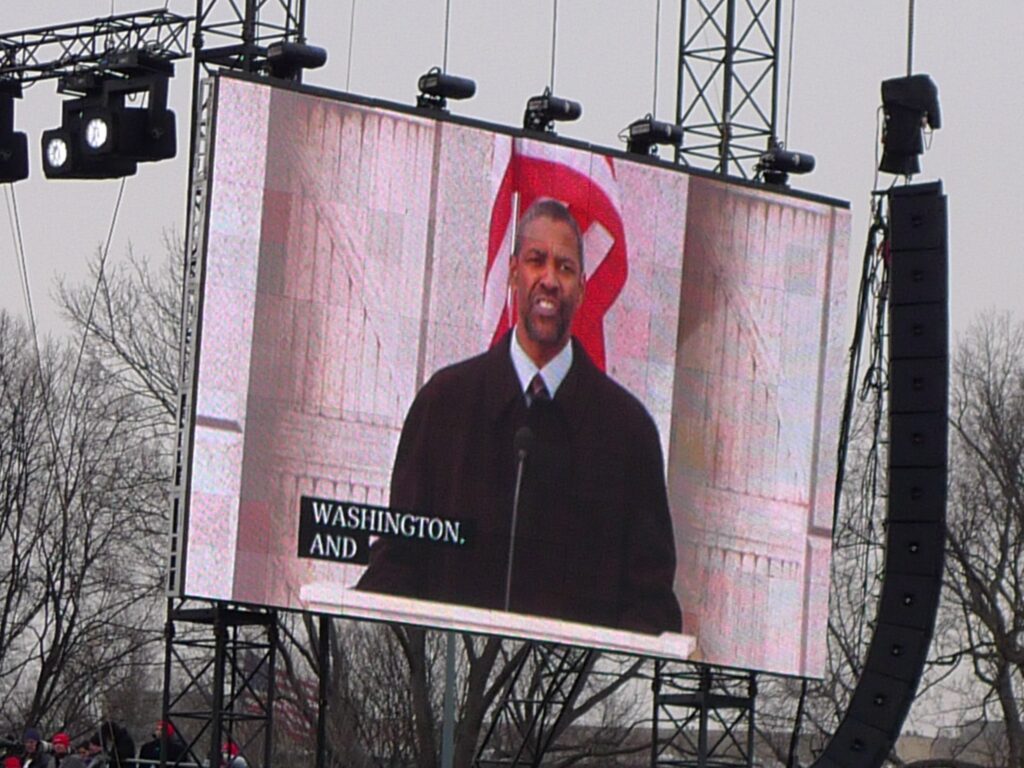
9. **From Man on Fire (2004) to The Book of Eli (2010): The Reign of the Action Hero**Following his Oscar win for *Training Day*, Washington embarked on a series of action thrillers throughout the 2000s, carving out a formidable niche as a leading man in the genre. Films like *Man on Fire* (2004), *Inside Man* (2006), *Déjà Vu* (2006), *The Book of Eli* (2010), and *Unstoppable* (2010) demonstrated his remarkable versatility, proving that his dramatic depth could translate seamlessly into intense, high-octane roles.
*Man on Fire*, in particular, stands out as a quintessential example of this period, where Washington’s portrayal of a former CIA operative on a mission of vengeance showcased his commanding screen presence and ability to infuse even the most hardened characters with a profound sense of purpose. This role, along with others, allowed him to redefine the action hero, bringing a cerebral intensity and moral complexity not always seen in the genre.
His collaboration with Spike Lee in the bank heist thriller *Inside Man* was another highlight, with Todd McCarthy of Variety praising its “flashy cast, clever script and vibrant showcasing of New York City,” benefiting greatly from Washington’s central performance. Later, films like *The Book of Eli*, a post-apocalyptic action-drama, and *Unstoppable*, his fifth and final collaboration with director Tony Scott, solidified his position as a consistent draw in the action landscape, demonstrating his unwavering appeal to a broad audience.
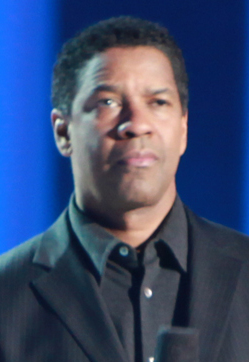
10. **The Great Debaters (2007) and Fences (2016): A Director’s Continuing Evolution**While his acting career continued to flourish, Denzel Washington simultaneously nurtured his passion for directing, building upon his critically acclaimed debut with *Antwone Fisher*. His second directorial effort came in 2007 with *The Great Debaters*, a powerful drama in which he also starred alongside Forest Whitaker. This film, centered on a debate team from a historically Black college, showcased his commitment to stories of intellectual prowess and social justice, further refining his narrative sensibilities behind the camera.
Washington’s evolution as a director reached another significant peak with the 2016 film adaptation of August Wilson’s iconic play *Fences*. Having already earned a Tony Award for his portrayal of Troy Maxson in the play’s Broadway revival, Washington took on the dual role of director and star for the cinematic version. This intimate familiarity with the source material allowed him to bring an extraordinary depth and authenticity to the screen adaptation.
Critics lauded his work on *Fences*, both for his direction and his performance. Owen Gleiberman of Variety observed, “Washington, as both actor and director, gets the conversation humming with a speed and alacrity that keeps the audience jazzed…Washington tears through it with a joyful ferocity, like a man possessed.” His nuanced direction was instrumental in guiding Viola Davis to her first Academy Award for Best Supporting Actress, underscoring his skill in eliciting powerful performances. In 2021, he further directed *A Journal for Jordan*, continuing to explore poignant, character-driven narratives, confirming his sustained and impactful presence as a filmmaker.
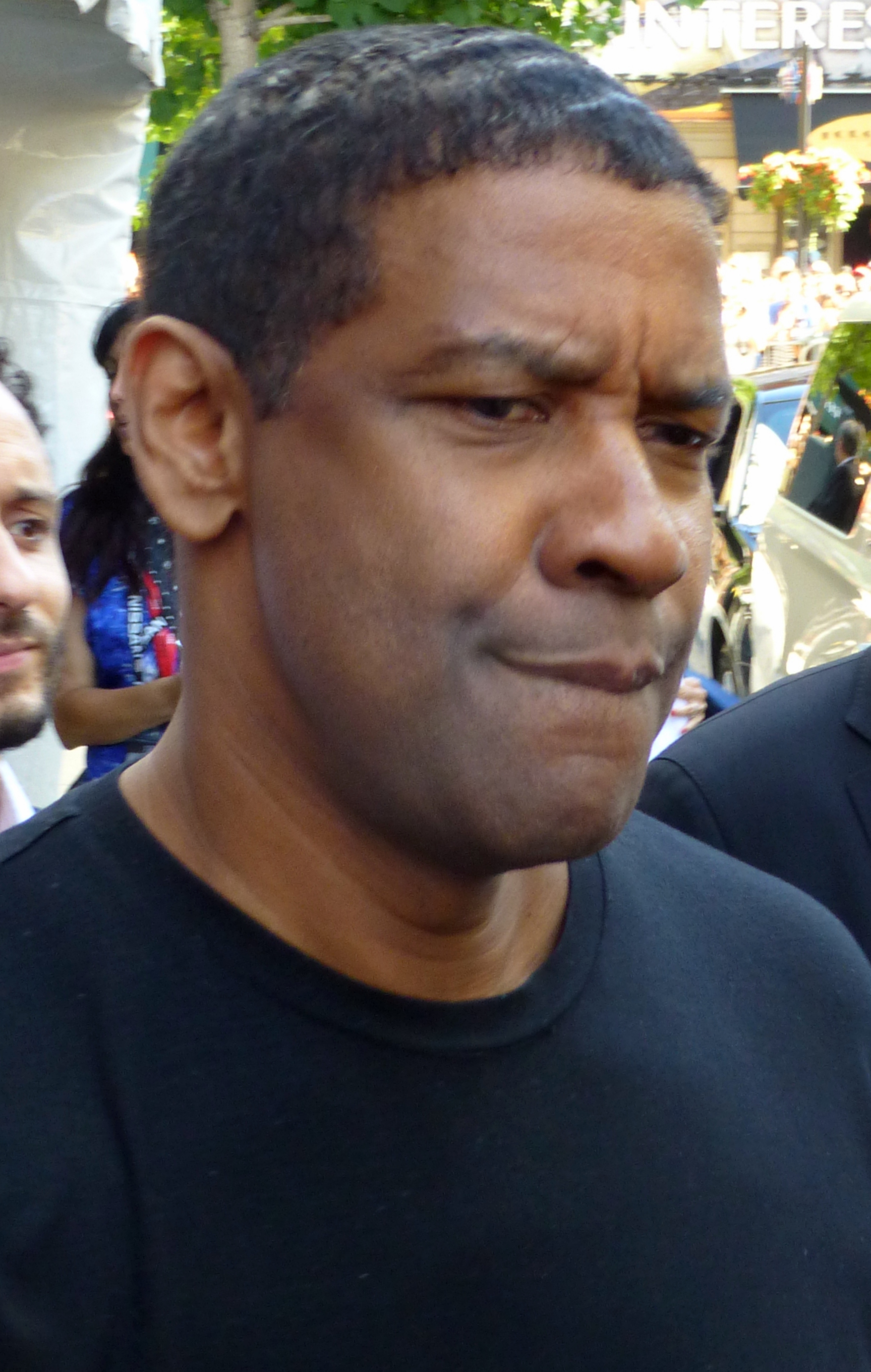
11. **A Triumphant Return to Broadway: Fences (2010) and Beyond**Denzel Washington has always maintained a profound connection to the stage, often reminding audiences that he considers himself primarily a “stage actor.” His triumphant returns to Broadway have punctuated his illustrious film career, showcasing his unwavering commitment to live performance. Following earlier acclaimed theatrical work, he made a significant comeback to the classical theater with his portrayal of Brutus in the Broadway revival of *Julius Caesar* in 2005. Despite some mixed reviews, the production was a consistent sell-out, a testament to his undeniable star power and the audience’s eagerness to witness his live dramatic presence.
The apex of his Broadway resurgence arrived in 2010 when he starred as Troy Maxson opposite Viola Davis in the revival of August Wilson’s *Fences*. This performance was a tour de force, earning him the prestigious Tony Award for Best Actor in a Play. Ben Brantley of The New York Times lauded his “fluid naturalness we associate with good screen actors,” noting how his “face and stance alone provide fascinating (and damning) glimpses into Troy’s attitudes toward his son from an earlier relationships.” It was a deeply resonant portrayal that solidified his place among Broadway’s elite.
Washington continued to grace the Broadway stage with critically acclaimed performances in other significant revivals, including Lorraine Hansberry’s classic drama *A Raisin in the Sun* in 2014, which garnered positive reviews and a Tony Award for Best Revival of a Play. In 2018, he tackled Eugene O’Neill’s monumental *The Iceman Cometh*, receiving praise for his ability to let his “irrepressible charm falter…showing something uglier and more ravaged underneath,” as noted by Alexis Soloski of The Guardian. His scheduled return to Broadway in 2025 for *Othello* further underlines his enduring dedication to the craft of theater, continually seeking to engage with the most challenging and revered texts.
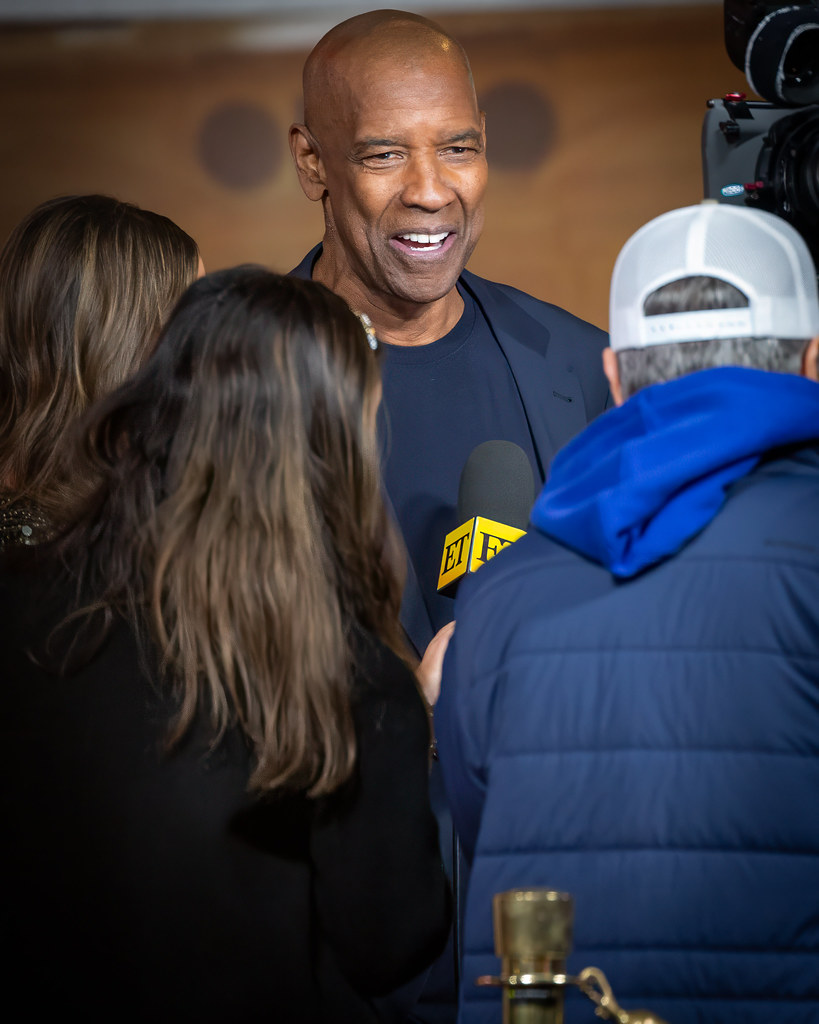
12. **Flight (2012) and The Tragedy of Macbeth (2021): Showcasing Unrivaled Range**Even as Denzel Washington explored new avenues in directing and maintained his presence in action films, his capacity for intense, character-driven dramatic performances remained as potent as ever. In 2012, he delivered a riveting performance in *Flight*, portraying an alcoholic airline pilot facing a harrowing investigation after a plane crash. This complex role, which delved into themes of addiction, responsibility, and redemption, earned him yet another nomination for the Academy Award for Best Actor, underscoring his enduring ability to captivate with profound emotional depth.
His artistic ambition continued unabated into the current decade, culminating in his universally acclaimed portrayal of the titular character in the 2021 film adaptation of William Shakespeare’s *The Tragedy of Macbeth*. This stark, black-and-white cinematic interpretation allowed Washington to unleash a performance of raw power and psychological intensity, earning him widespread critical praise and nominations for an Academy Award, a Golden Globe Award, and a Screen Actors Guild Award. His commanding presence, even in his late sixties, brought a fresh, searing interpretation to one of literature’s most iconic roles.
These two roles, though distinct in their settings and styles, collectively highlight Washington’s unparalleled range and his fearless approach to challenging material. Whether embodying a flawed modern hero or a Shakespearean tragic figure, he consistently delivers performances that are both critically resonant and deeply impactful, solidifying his status as an actor who continually pushes artistic boundaries and commands the screen with extraordinary gravitas.
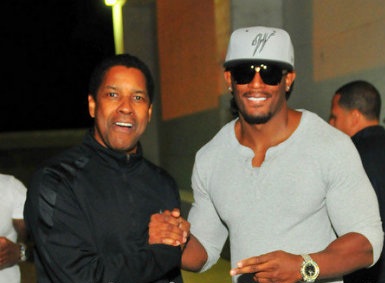
13. **The Equalizer Trilogy (2014-2023): Forging a Modern Action Icon**In a career marked by dramatic versatility, Denzel Washington found immense commercial success and a new signature role in *The Equalizer* film series. Beginning in 2014, this action thriller franchise, based on the classic television series, saw Washington embody Robert McCall, a retired black operations operative who dispenses justice for the helpless. The film’s success led to his first sequel, *The Equalizer 2* (2018), and culminated with *The Equalizer 3* in 2023, solidifying a rare and enduring action franchise for an actor of his caliber.
The longevity and popularity of *The Equalizer* trilogy demonstrated Washington’s sustained appeal as an action hero, a persona he had cultivated over years but fully realized here in a consistent, character-driven series. His portrayal of McCall balanced a quiet intensity with brutal efficiency, making him a compelling and relatable figure of righteous vengeance. The franchise proved that audiences were eager to see Washington in roles that combined his dramatic weight with thrilling action sequences, further expanding his box office dominance.
This sustained success in the action genre extended to his more recent work, including his “scene-stealing” performance in Ridley Scott’s epic historical drama *Gladiator II* (2024), which earned him a Golden Globe Award nomination. These roles underscore Washington’s remarkable ability to remain a compelling and potent force in big-budget genre films, captivating audiences with his unique brand of sophisticated and powerful screen presence well into his sixth decade of acting.
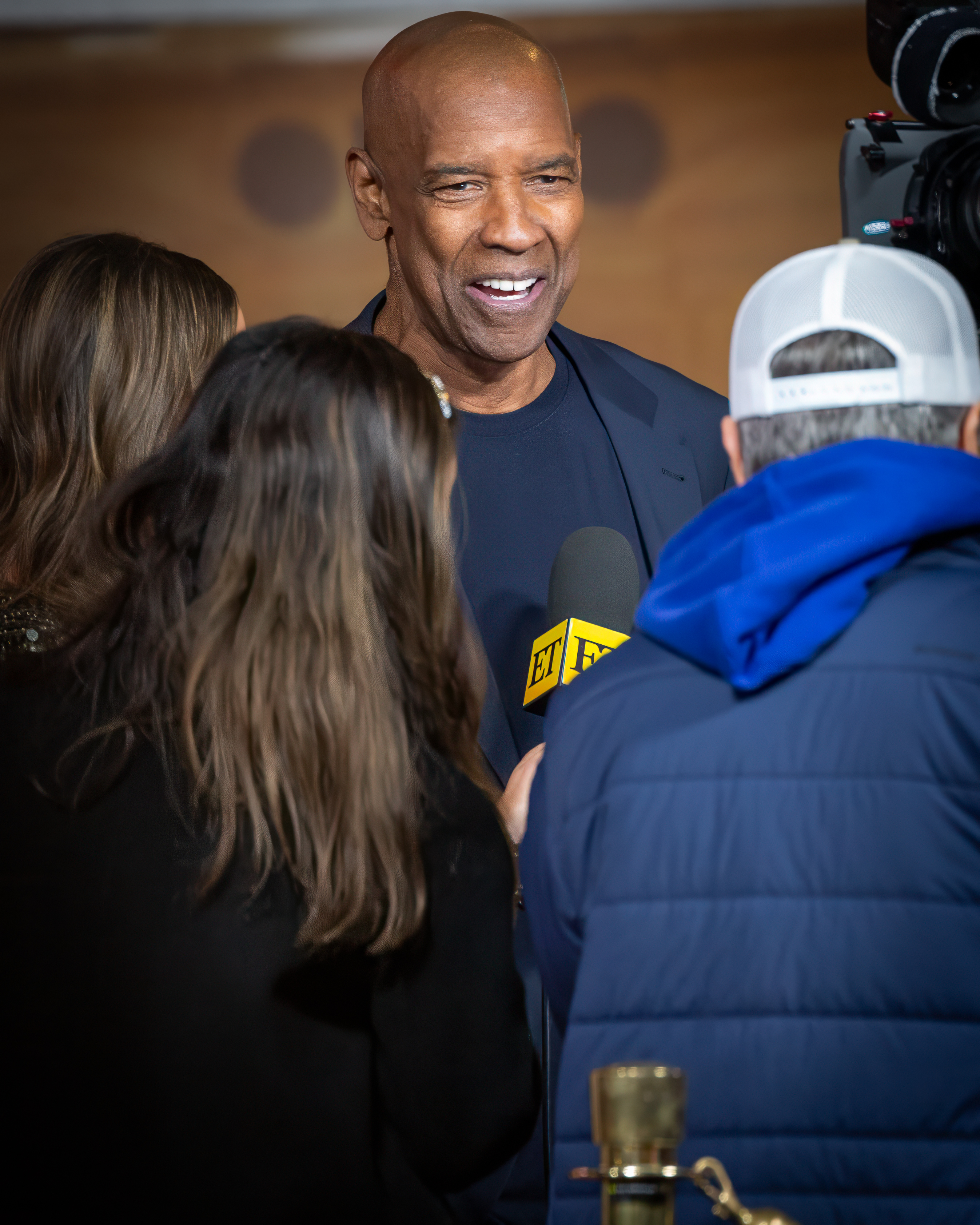
14. **Beyond the Lights: Mentorship, Philanthropy, and Enduring Legacy**Denzel Washington’s impact transcends his celebrated performances, extending into his profound influence on the industry and his remarkable philanthropic endeavors. He has consistently served as an inspiration and mentor to a generation of actors, including talents such as Chadwick Boseman, Mahershala Ali, Michael B. Jordan, Jamie Foxx, Will Smith, Jake Gyllenhaal, Austin Butler, and Glen Powell. Drawing inspiration from figures like James Earl Jones, Sidney Poitier, and Morgan Freeman, Washington embodies a legacy of excellence and a commitment to passing on knowledge to those who follow in his formidable footsteps.
His commitment to giving back is equally impressive, particularly through his long-standing association with the Boys & Girls Clubs of America. Since 1993, he has served as the national spokesman for the organization and has been a board member since 1995. His dedication to youth mentorship culminated in his involvement with the book “A hand to guide me,” which featured leaders sharing their life-changing stories of guidance from caring adults, underscoring his belief in the transformative power of mentorship.
Washington’s charitable contributions are extensive and impactful, ranging from a substantial donation to the Fisher House Foundation after witnessing the needs of military families at Brooke Army Medical Center, to a US$1 million donation to Nelson Mandela’s Children’s Fund in 1995, and another US$1 million to Wiley College to resuscitate its debate team. His selfless acts demonstrate a deep-seated commitment to social upliftment and support for various causes.
Adding to his already impressive list of achievements, Washington has been recognized with numerous honorary awards that celebrate his lifetime of contribution. These include the Cecil B. DeMille Award in 2016, the AFI Life Achievement Award in 2019, the Honorary Palme d’Or in 2025, and the Presidential Medal of Freedom in 2025. He also received an honorary doctorate from his alma mater, Fordham University, in 1991, and was made the 2021 Honorary Sergeant Major of the Army for his work with the Fisher House Foundation, highlighting his diverse and profound influence on American society and beyond.
Denzel Washington’s journey through the world of entertainment has been nothing short of extraordinary, a testament to his boundless talent, unwavering dedication, and profound integrity. From his early dramatic breakthroughs to his commanding action roles, his celebrated returns to the stage, and his powerful work behind the camera, he has continually pushed the boundaries of his craft. Yet, his legacy extends far beyond the accolades and box office receipts; it lies in his role as a mentor, a philanthropist, and a cultural touchstone, a towering figure whose influence will undoubtedly inspire generations to come. At 69, Washington stands not just as a titan of performance, but as a beacon of excellence, embodying the very essence of sustained brilliance and enduring impact in a career that continues to captivate and enrich the world.



